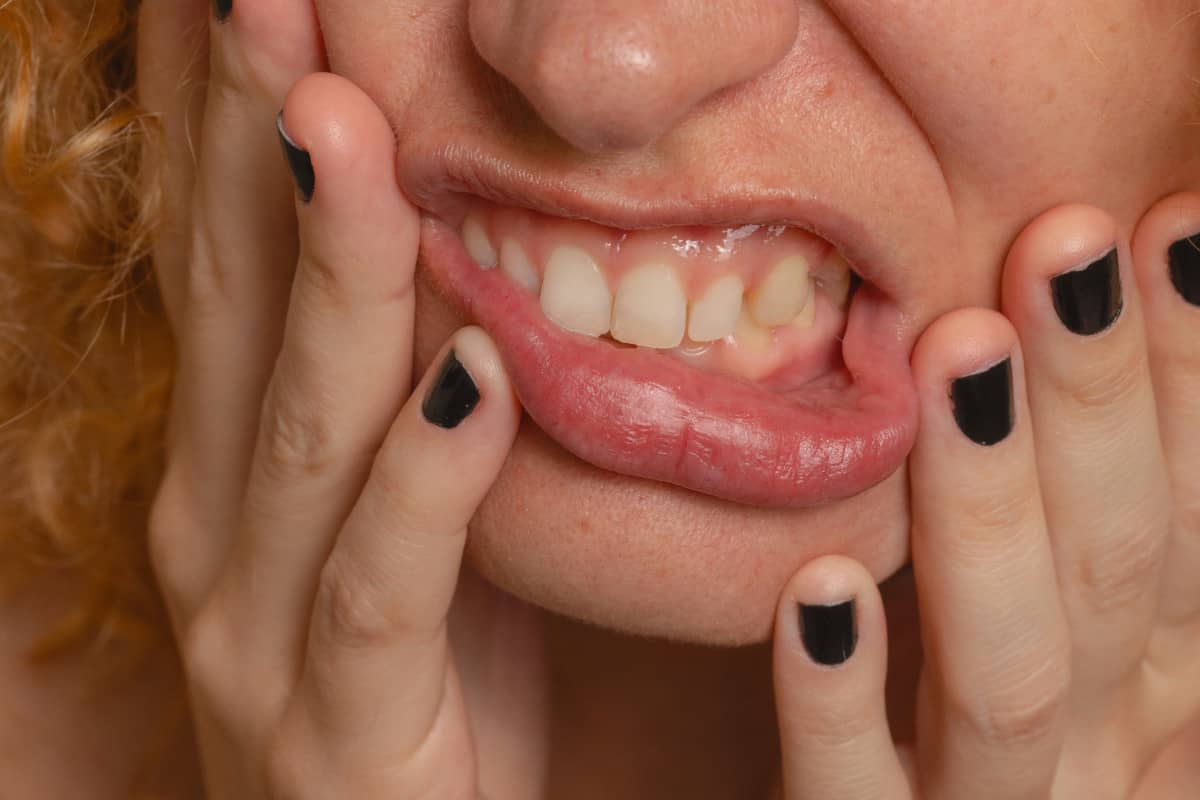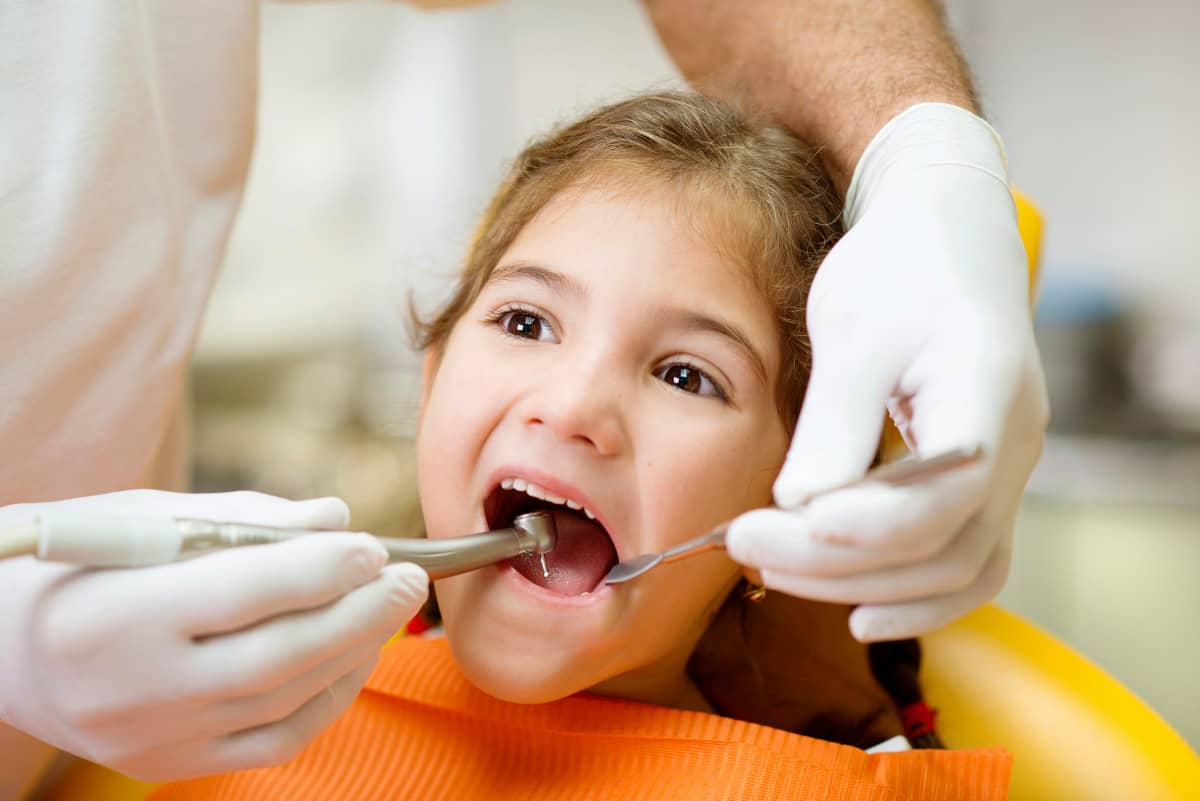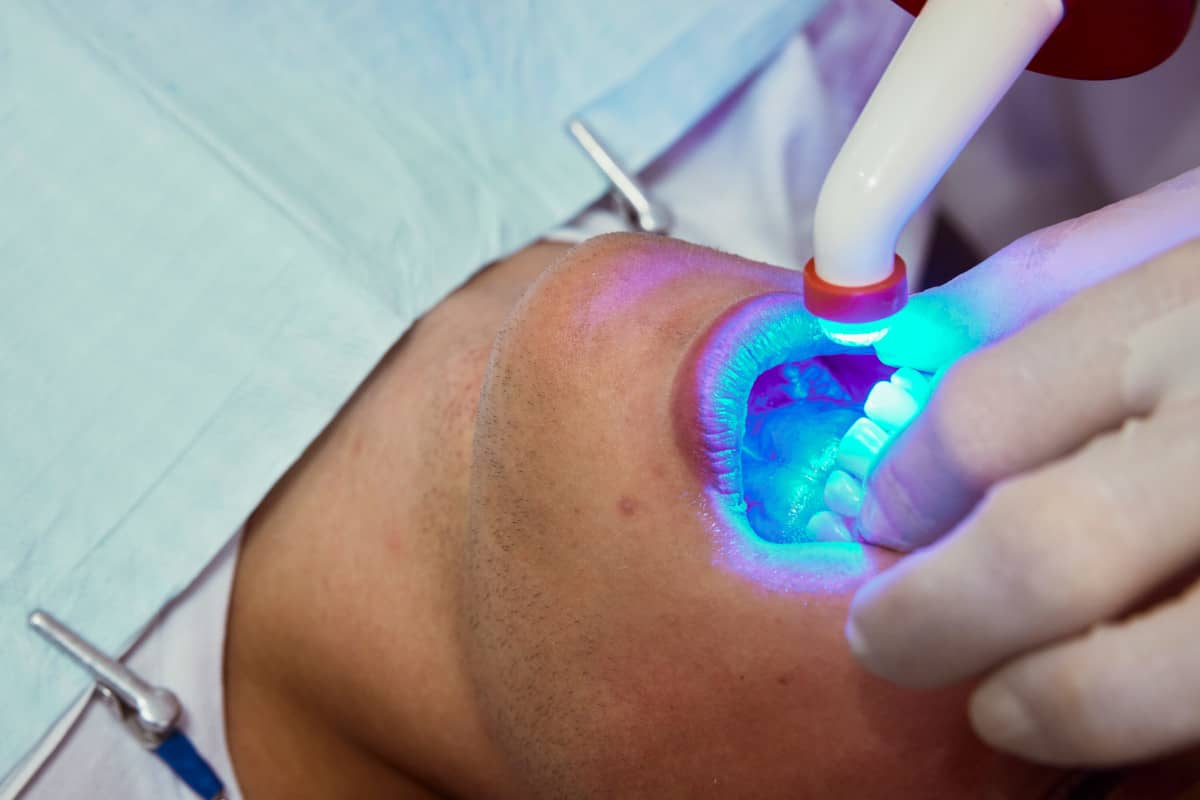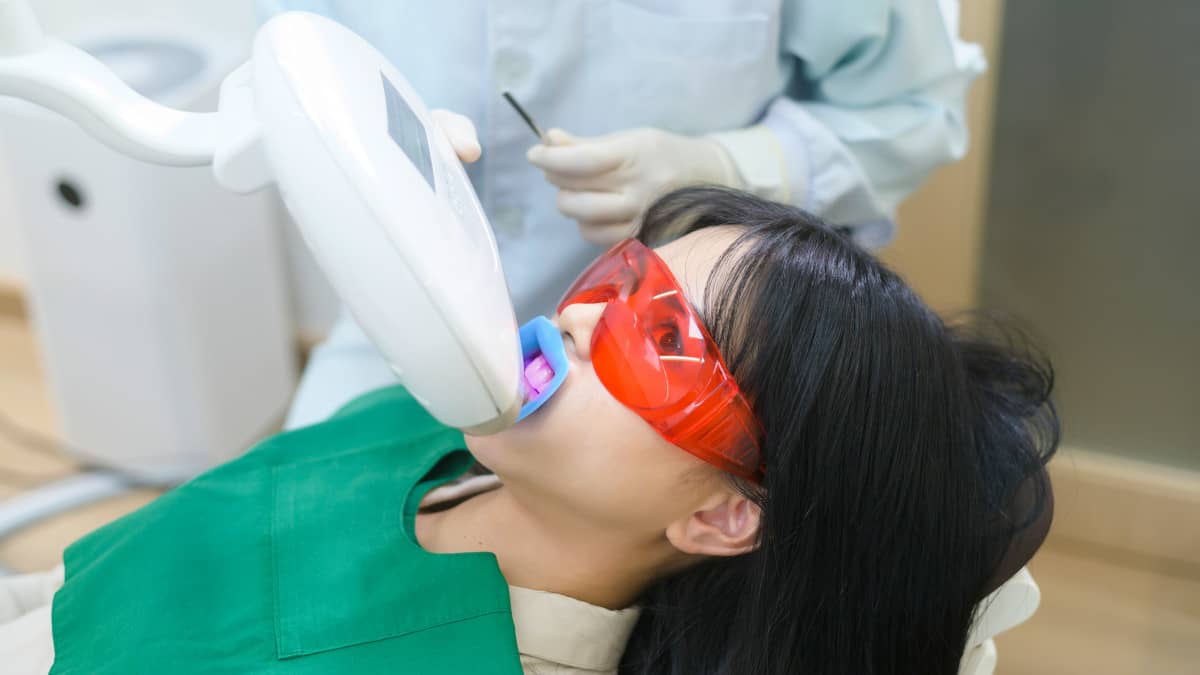Dental care for children and babies

The big question for all new and not so new parents, when should I start worrying about my child’s dental health?
Most experts recommend two dental check-ups a year from the age of one. Warning! Some may need more care due to isolated problems.
The American Academy of Pediatric Dentistry provides a list of steps to follow for different ages of children:
Birth to six months of age:
- Clean baby’s mouth with gauze after feeding and at bedtime.
- Consult your child’s paediatrician about the use of fluoride supplements.
- Regulate feeding habits (bottle or breastfeeding).
From six to 12 months of age:
- During this time, the first tooth should appear. Consult a paediatric dentist for an examination.
- Brush teeth after each feeding and at bedtime with a small, soft-bristled brush.
- When the child begins to walk, watch out for possible dental or facial injuries, or both.
- Withdraw the child from breastfeeding or bottle-feeding as the child approaches his or her first birthday.
From twelve to 24 months of age:
- Follow the schedule of dental exams and cleanings as recommended by your child’s pediatric dentist. Dental exams and cleanings are generally recommended for children and adults every 6 months.
- As your child learns to rinse his or her mouth and most of the deciduous (baby) teeth have erupted, brushing with a pea-sized amount of toothpaste is recommended.
Facts about deciduous (baby) teeth
- If a deciduous tooth has decay or is extracted too early, space is lost for the permanent tooth, which can only be regained by orthodontic treatment.
- Infected deciduous teeth can cause improper development of permanent teeth, resulting in stains, cavities and weak teeth.
Most children begin to lose their baby teeth around age 4 — usually the front teeth fall out first. Children continue to lose baby teeth until the age of twelve or thirteen, when all permanent teeth finally appear.
Source: Methodist Health Care System, Houston, Tx.USA
0




